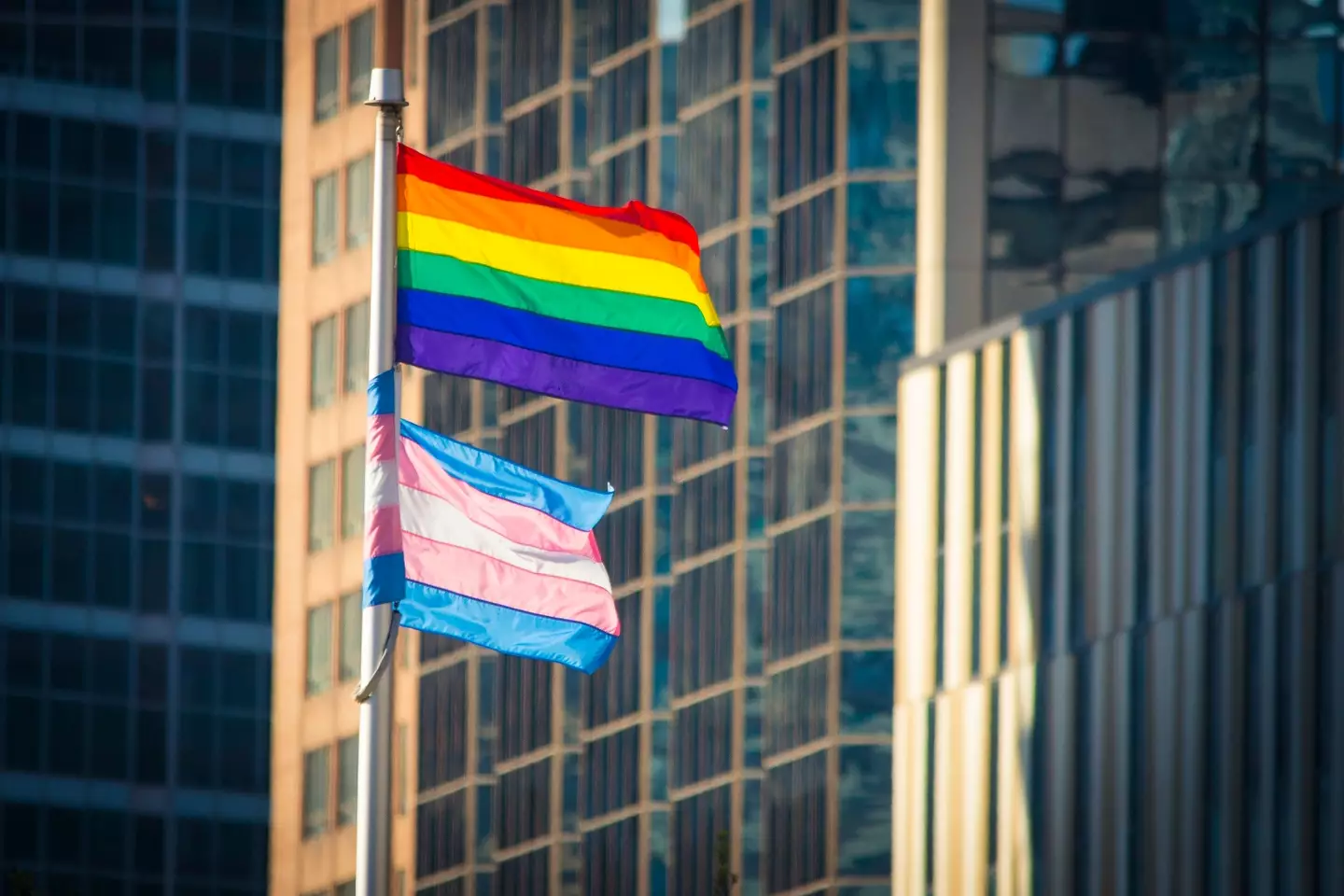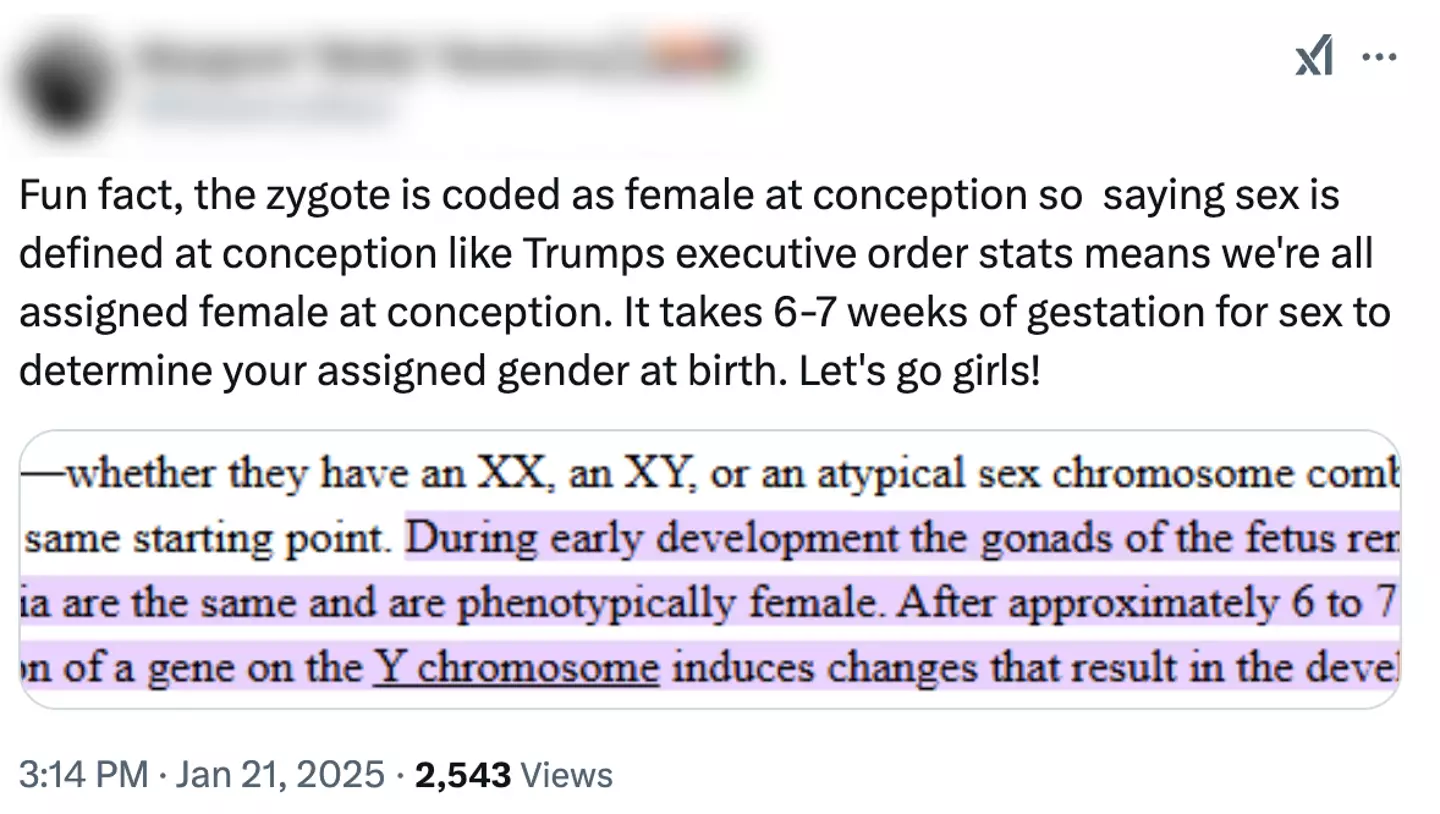On January 20, 2025, Donald Trump officially returned to the Oval Office as the 47th President of the United States. Among his first actions was signing a series of executive orders that have quickly sparked national debate. One of the most controversial, titled “Defending Women From Gender Ideology Extremism and Restoring Biological Truth to the Federal Government,”directly targets policies regarding transgender women in prisons.
The order asserts that recognizing genders beyond male and female undermines women’s rights and poses risks to their safety and dignity. With this rationale, the administration’s directive redefines how the federal government and its institutions address issues of sex and gender, sparking a divisive response across the country.
What the Executive Order States
The executive order declares the Trump administration will only recognize two genders—male and female—stating these biological sexes are “unchangeable” and rooted in “fundamental and incontrovertible reality.” This definition affects numerous policies, including those involving the placement of transgender individuals in correctional facilities.
One key provision of the order focuses on “Privacy in Intimate Spaces,” which mandates that transgender women, identified as biologically male under the new policy, are no longer permitted to be housed in female prisons or detention centers.
Specifically, the order reads:
“The Attorney General and Secretary of Homeland Security shall ensure that males are not detained in women’s prisons or housed in women’s detention centers.”
The administration justifies this move by citing concerns over safety, arguing that women in prisons are at risk if biological males are housed alongside them, regardless of gender identity.
Support and Opposition
The policy has drawn sharp reactions from advocacy groups, politicians, and the public, with opinions deeply divided along ideological lines.
Support from Advocacy Groups Like WoLF
The Women’s Liberation Front (WoLF), a feminist organization that advocates for single-sex spaces, praised the order as a significant victory. In a statement, the group said:
“WoLF has been fighting to get men out of women’s prisons for years, and we are thrilled to see the specific inclusion of women’s prisons in this order. The directive to amend the Prison Rape Elimination Act (PREA) regulations is a long-overdue step in safeguarding women’s safety in these facilities.”
Criticism from LGBTQ+ Advocates
On the other hand, LGBTQ+ rights organizations and legal experts have expressed deep concerns about the order. Shannon Minter, legal director of the National Center for Lesbian Rights, warned of the potential dangers:
“There will be rapes and physical assaults because of this policy. It’s also terrible for prison officials, who currently have the discretion to make housing decisions based on safety and security needs. Removing that discretion creates unnecessary risks.”
Critics argue that the order erases the identities and needs of transgender individuals, exposing them to heightened vulnerability in facilities where they may face harassment, violence, or even death.

The Scientific Controversy
Adding another layer to the debate, the executive order has drawn attention for its scientifically questionable language. In an attempt to define “female” and “male” based on biology, the order inadvertently implies that all humans are biologically female at conception.
The order states:
“‘Female’ means a person belonging, at conception, to the sex that produces the large reproductive cell.”
Biologists and social media users quickly pointed out that all human embryos begin in a unisex state and follow a female developmental blueprint for the first six weeks of gestation. Only after this period do individuals with XY chromosomes develop along a male pathway.
Dr. Jane Patterson, a biologist and gender studies expert, explained:
“The phrasing in this executive order reflects a fundamental misunderstanding of embryology. By their own definition, all humans would technically start as female. This contradiction underscores the need for more informed and scientifically accurate policymaking.”
Social media users were quick to point out the irony, with one Twitter user writing:
“In trying to ‘restore biological truth,’ Trump’s executive order accidentally declares that everyone is biologically female at conception. Let’s go, girls!”
Implications for Transgender Inmates
The order’s implementation is expected to have far-reaching consequences for transgender individuals currently housed in or entering the U.S. prison system. Advocates fear that transgender women will face heightened risks of violence and harassment when placed in male facilities.
Previously, prison officials could exercise discretion to house transgender inmates in facilities where they would be safest, often considering their gender identity. Under the new directive, this flexibility is removed, creating what some have called “a one-size-fits-all policy that ignores individual safety needs.”

The Broader Impact on Federal Policies
Beyond the prison system, the executive order is part of a broader effort by the Trump administration to roll back policies that recognize gender identity. By defining sex as strictly biological, the order affects everything from workplace discrimination protections to access to public accommodations and sports participation.
While supporters view the move as a necessary defense of women’s rights and privacy, critics argue it erases the identities and rights of transgender individuals, fueling discrimination and stigmatization.
Conclusion
Donald Trump’s executive order on transgender women in prisons has sparked intense debate, with supporters praising its emphasis on safety in women’s facilities and critics condemning it as discriminatory and harmful to the LGBTQ+ community. The policy has also reignited broader discussions about how society defines sex and gender, as well as the role of science in shaping public policy.
As the order faces both legal and social challenges, its implementation will undoubtedly remain a contentious issue, shaping the national conversation on gender, rights, and identity for years to come.
Sophia Rivers is an experienced News Content Editor with a sharp eye for detail and a passion for delivering accurate and engaging news stories. At TheArchivists, she specializes in curating, editing, and presenting news content that informs and resonates with a global audience.
Sophia holds a degree in Journalism from the University of Toronto, where she developed her skills in news reporting, media ethics, and digital journalism. Her expertise lies in identifying key stories, crafting compelling narratives, and ensuring journalistic integrity in every piece she edits.
Known for her precision and dedication to the truth, Sophia thrives in the fast-paced world of news editing. At TheArchivists, she focuses on producing high-quality news content that keeps readers informed while maintaining a balanced and insightful perspective.
With a commitment to delivering impactful journalism, Sophia is passionate about bringing clarity to complex issues and amplifying voices that matter. Her work reflects her belief in the power of news to shape conversations and inspire change.





